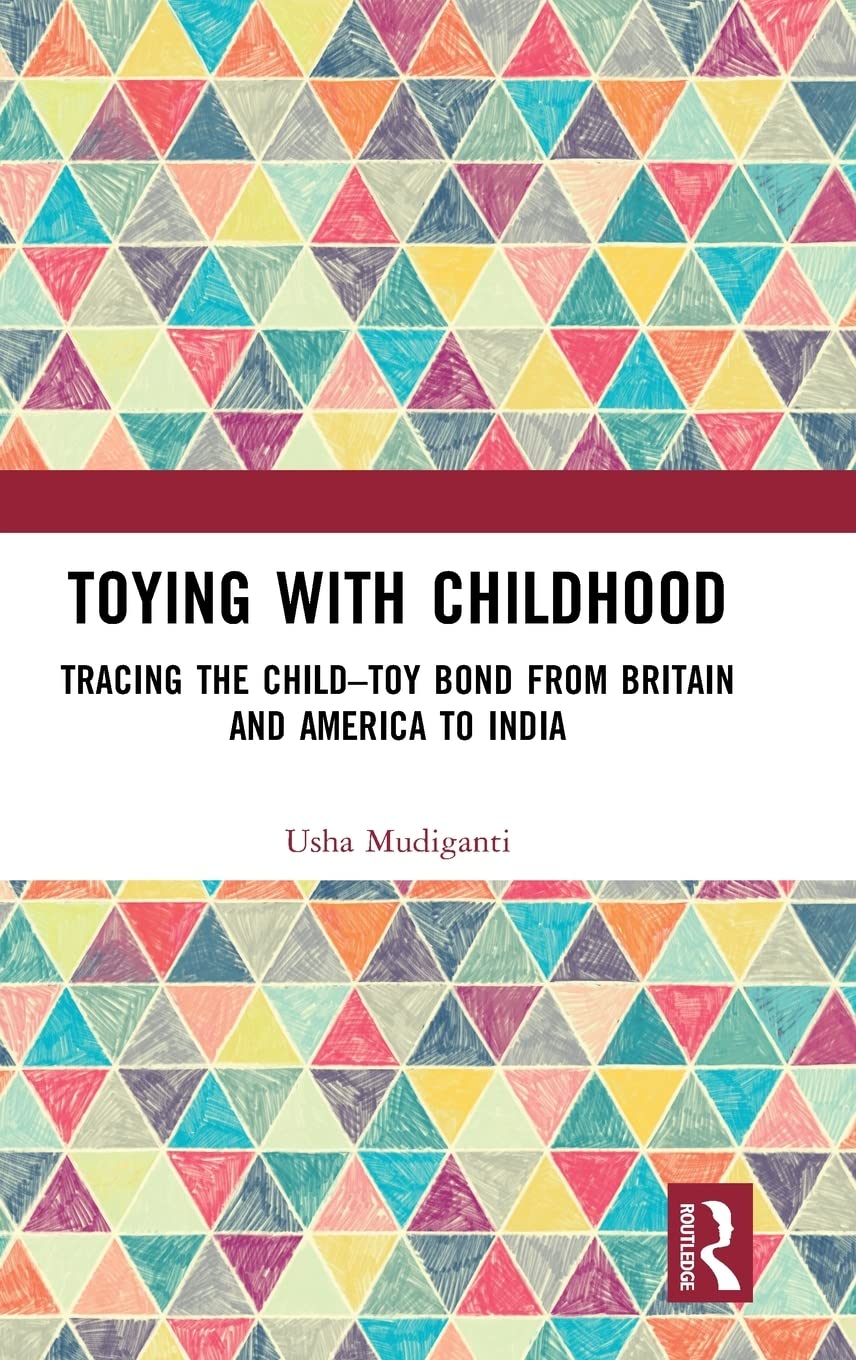

Most ebook files are in PDF format, so you can easily read them using various software such as Foxit Reader or directly on the Google Chrome browser.
Some ebook files are released by publishers in other formats such as .awz, .mobi, .epub, .fb2, etc. You may need to install specific software to read these formats on mobile/PC, such as Calibre.
Please read the tutorial at this link: https://ebookbell.com/faq
We offer FREE conversion to the popular formats you request; however, this may take some time. Therefore, right after payment, please email us, and we will try to provide the service as quickly as possible.
For some exceptional file formats or broken links (if any), please refrain from opening any disputes. Instead, email us first, and we will try to assist within a maximum of 6 hours.
EbookBell Team

4.3
8 reviewsThis book studies the dialectic relationship between the image of the child and the toy in literary depictions of childhood in 19th and 20th century Anglo-American fiction. Drawing on the psychoanalytic theories of Sigmund Freud, Anna Freud, D.W. Winnicott, and Sudhir Kakar, it analyses themes such as the heterogeneity of childhood, the construction of the ideals of childhood, as well as linkages between the ideals of childhood in Britain and its travel to America and further dissemination in British India. It discusses the established tropes of childhood such as innocence, formative period, centrality of play and the presence of a toy to argue that the mores of childhood are culturally constructed and lead to the reification of a child into the image of perfection. The author debates the notion of essential innocence and highlights the repercussions of such stereotypes about childhood. The text also highlights parallels between the ideals of childhood established in 19th century Britain and the portrayals of postcolonial Indian childhoods in 20th century Indian English literature.
Toying with Childhood will be useful for students and researchers of education, childhood studies, psychology, sociology, literature, gender studies, and development studies. It will also appeal to general readers interested in cultural perceptions of childhood, literary depictions of children, and the works of Sigmund Freud.